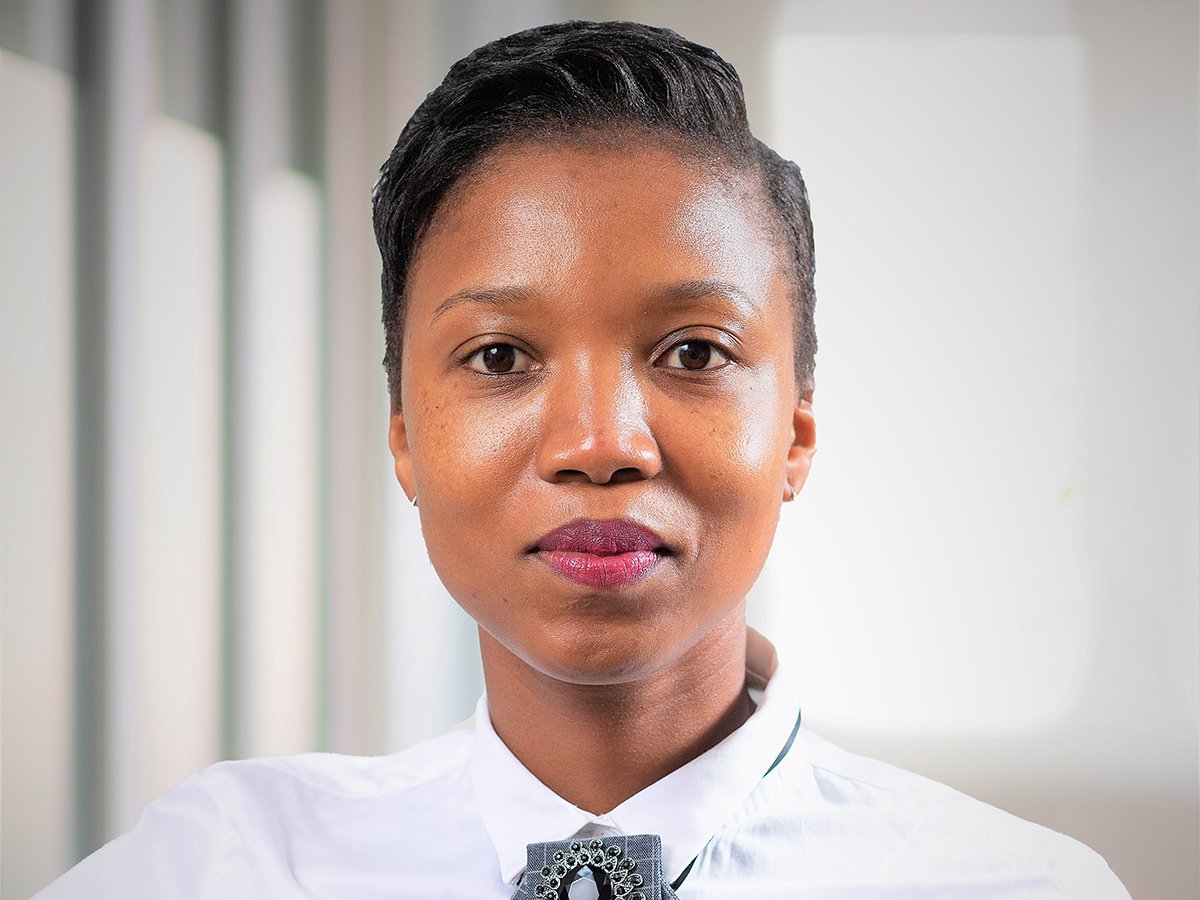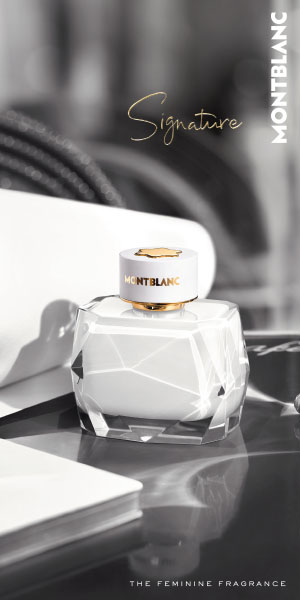Thabile Makgala is the mining executive of the eastern limb at Impala Platinum Holdings Limited (Implats). She has dedicated more than two decades of her life to the mining sector. She entered the industry in 2001 as an 18-year-old matriculant, and became one of the first female mining engineer graduates for the Gold Fields crew operations.
Makgala says that when she first began her career, there were very few women working in the industry. “When I started, I was wearing overalls and boots that were made for men. While it may seem like a small detail, it was a big problem.” She is proud of how far the industry has progressed: it now comprises more than 14% women and in 2021, the Minerals Council South Africa (MCSA) elected its first female president.
While much progress has been made when it comes to championing greater equity and inclusion, Makgala believes there is much work to be done in an industry still dominated by men. “The mining sector was created by men, for men. We cannot change the industry and talk about diversity, equity and inclusion and exclude the men from the conversation.”
She also stresses the importance of technology in furthering South Africa’s progress in the mining industry — she believes it is a great equaliser of opportunities. “In South Africa, people need to walk long distances to get to work. This reduces the amount of time that people can work, and it increases our cost. Without a doubt, for us to get to the forefront, we need to leverage technology and innovation. We need to work smarter. Now, we have an ageing workforce and a new generation that wants to do things differently.”
Makgala attributes many of the challenges women face to an unconscious bias. “When people in positions of power see you based on your gender, colour, [or] physical abilities, it’s very limiting. Leaders have a responsibility to not only say they will hire for diversity — but [to] follow through.”
According to Makgala, true equity and representation within mining is not a box-ticking exercise. It’s not about the numbers, it’s about making the numbers count. It’s about making sure that the people who are in the system are contributing actively and earnestly towards inclusive work. “While it starts with leadership, we need to be deliberate about the kinds of interventions that we are doing, so that when Thabile is put there as the executive, she is a fit for purpose.”
Thanks to Makgala’s ambition and passion for change, the future’s looking good. As part of the leadership team of MCSA, she has played an integral role in setting the strategy for 30% female representation by 2025. She is also part of the Woman in Mining task team to make sure that these strategies are effective. As a true leader, her drive, experience and mining footprint is a call to action to pay attention to the power of women.
The mining sector was created by men, for men. We cannot change the industry and talk about diversity, equity and inclusion and exclude the men from the conversation.






















